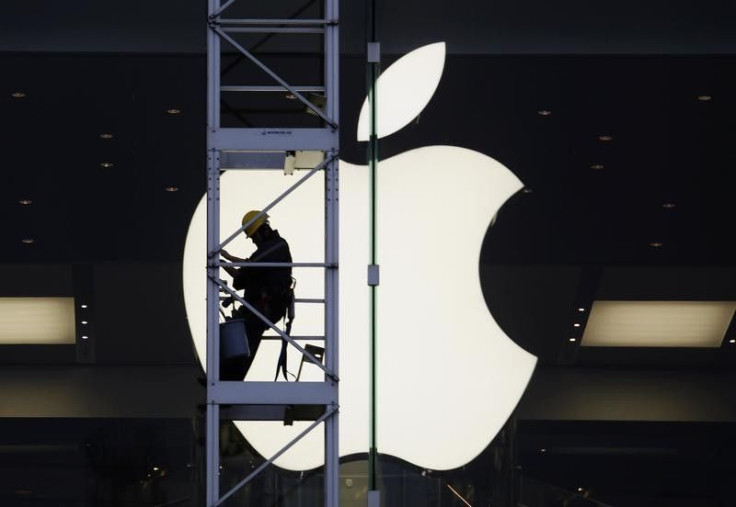Samsung and Apple Rekindle Relationship With New Chips

Samsung and Apple appear to be on their way to rekindle their relationship in the name of new A-series application processors. Apple will reportedly rely heavily on Samsung for its next generation iPhones and iPads allowing the Korean tech giant to handle as much as 80% of the production. What will happen to the rivalry? Will Apple still be able to compete relying on Samsung?
The news report came from Korea saying that Samsung had to compete with Taiwan Semiconductor Manufacturing Company (TSMC) for the contract amounting to "billions of dollars."
The Korea Times quoted a source familiar to the deal saying: "Apple has designated Samsung as the primary supplier of its next A-series chips powering iOS devices from 2016 as the alliance with GlobalFoundries (GF) enabled Samsung to cut off capacity risk."
According to Cult of Mac, the next generation chips are different from the previous ones such that they can be categorized as logic chips. They also carry considerably higher margins. Starting in 2016, Samsung will be producing around 80% of the APs found on Apple devices. TSMC remains a supplier for the Cupertino-giant but with only 20% in tow.
Samsung contract win does not come as a surprise as it partnered recently with GlobalFoundries. The partnership has allowed the company to manufacturer the amount of processors Apple needs. Production of the chips will start around early 2015 spread across plants in New Austin Texas, New York and Giheung, Gyeonggi Province.
The company previously hinted in its last earnings call that it has been working on sample 14-nanometer chips for a customer it refused to identify. The contract with Apple may be part of the company's saving grace as it posted dismal Q3 earnings. Analysts cite lack of innovation and increasing competition as the main reasons for the company's plummeting sales. The seriousness of the matter was further emphasized when reports about Samsung's mobile division chief, J.K. Shin, received a hefty salary cut.






